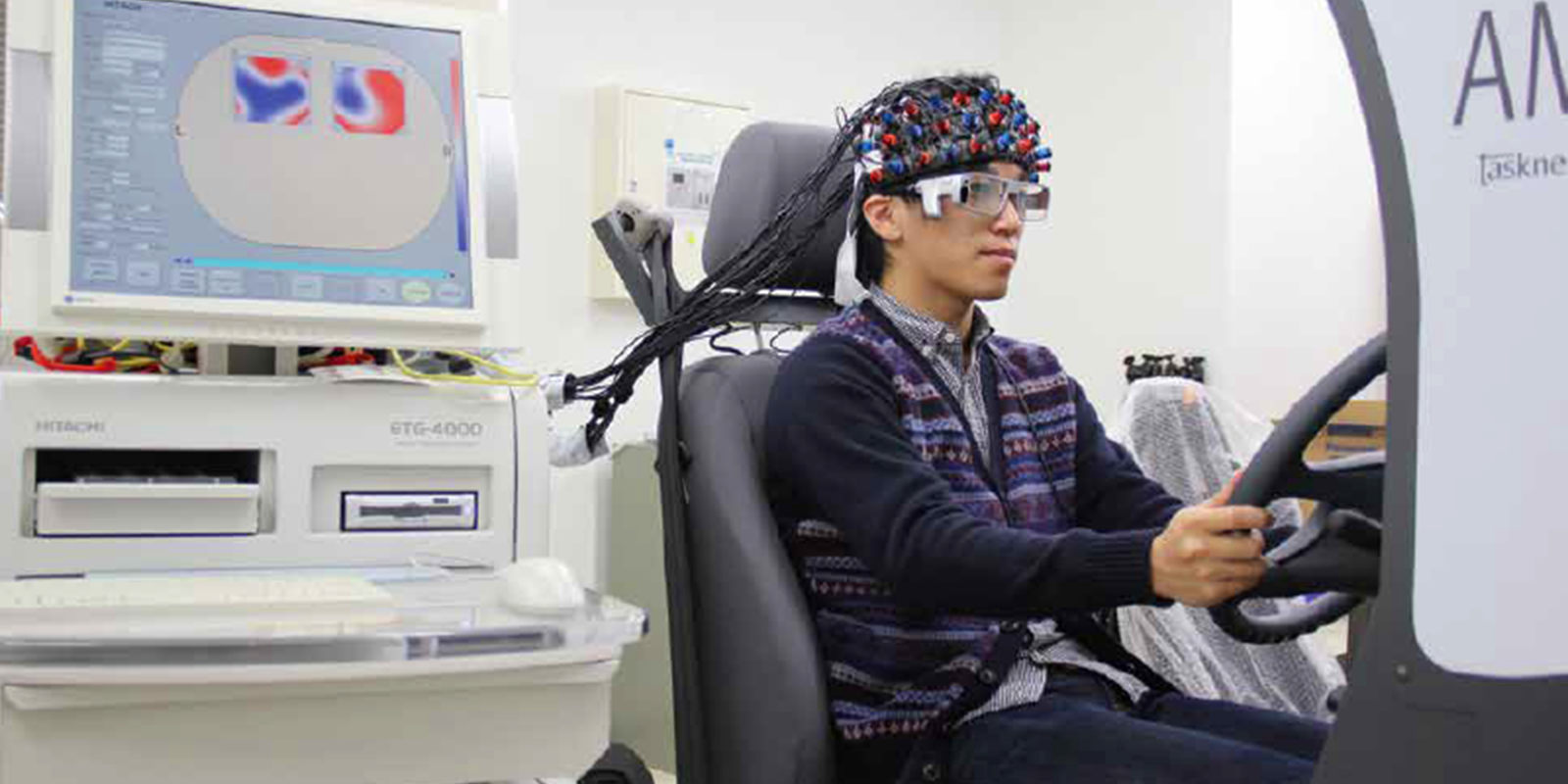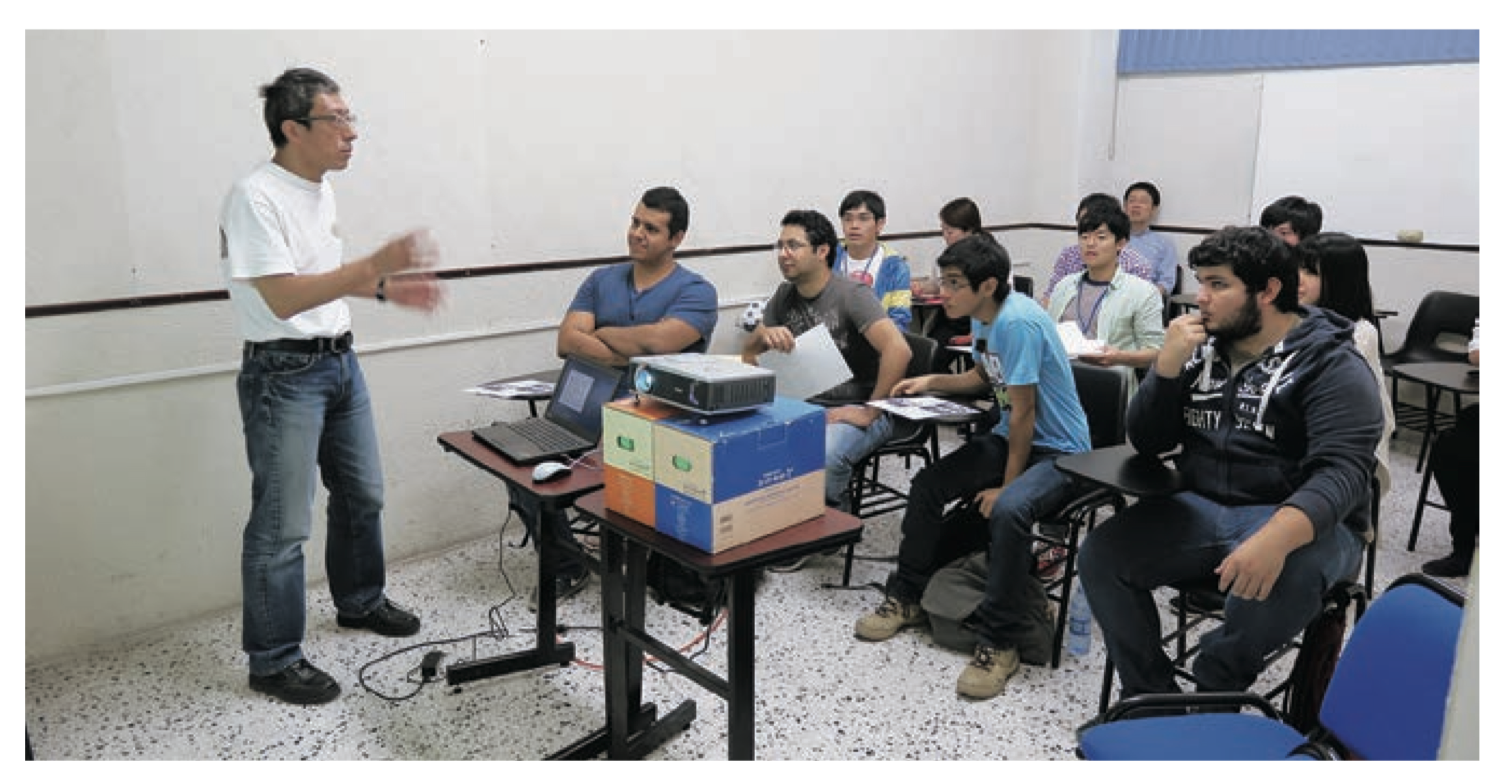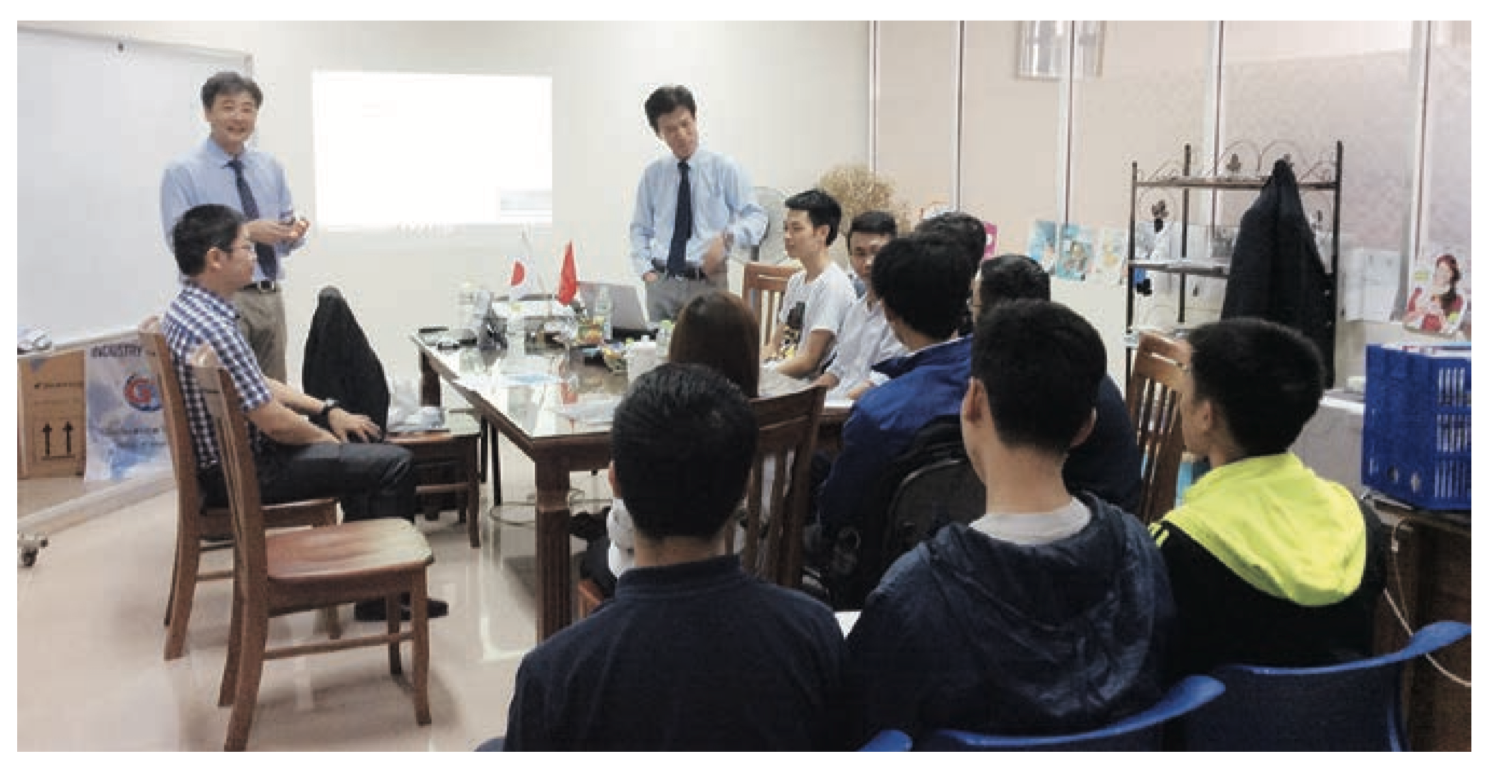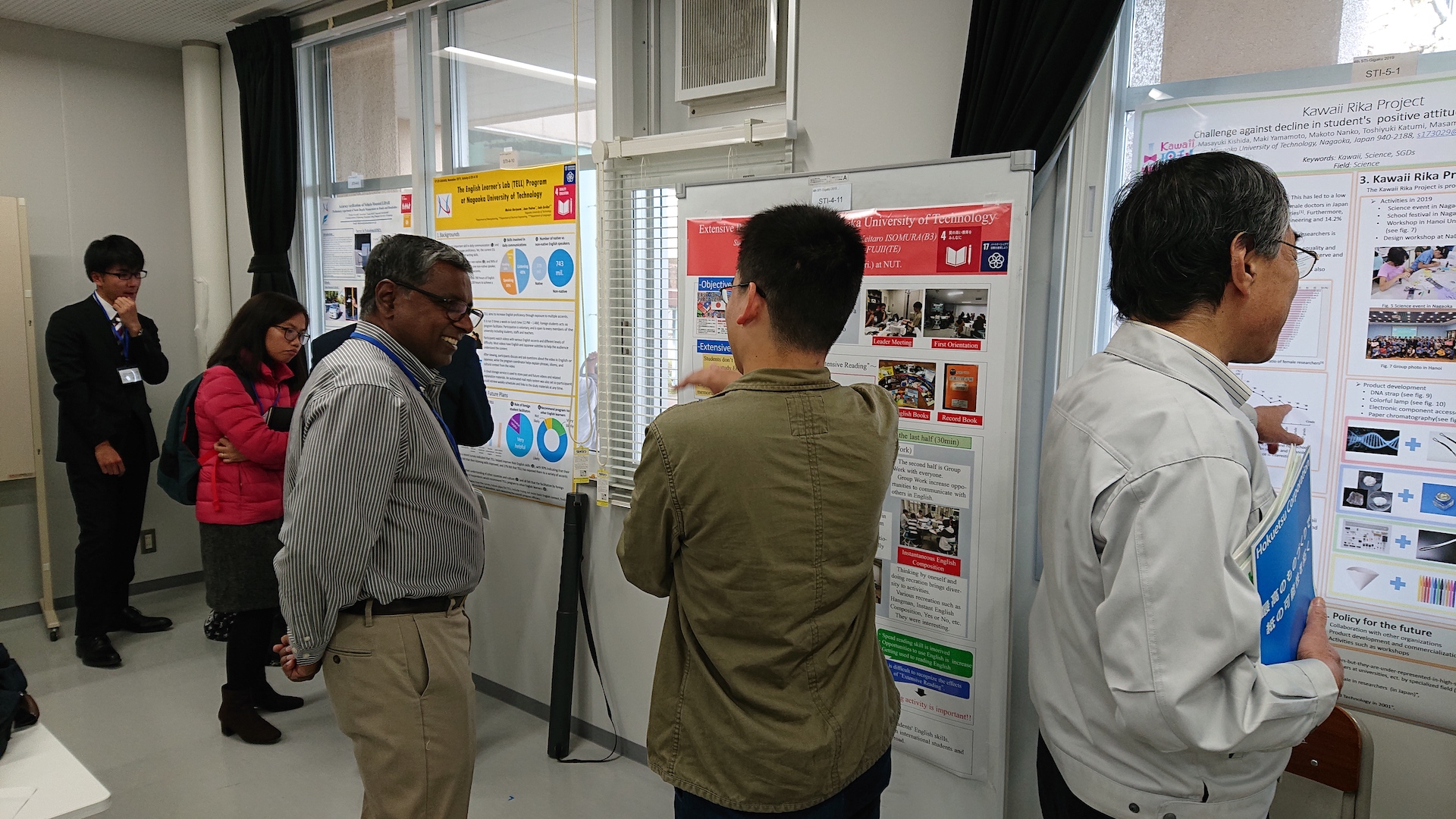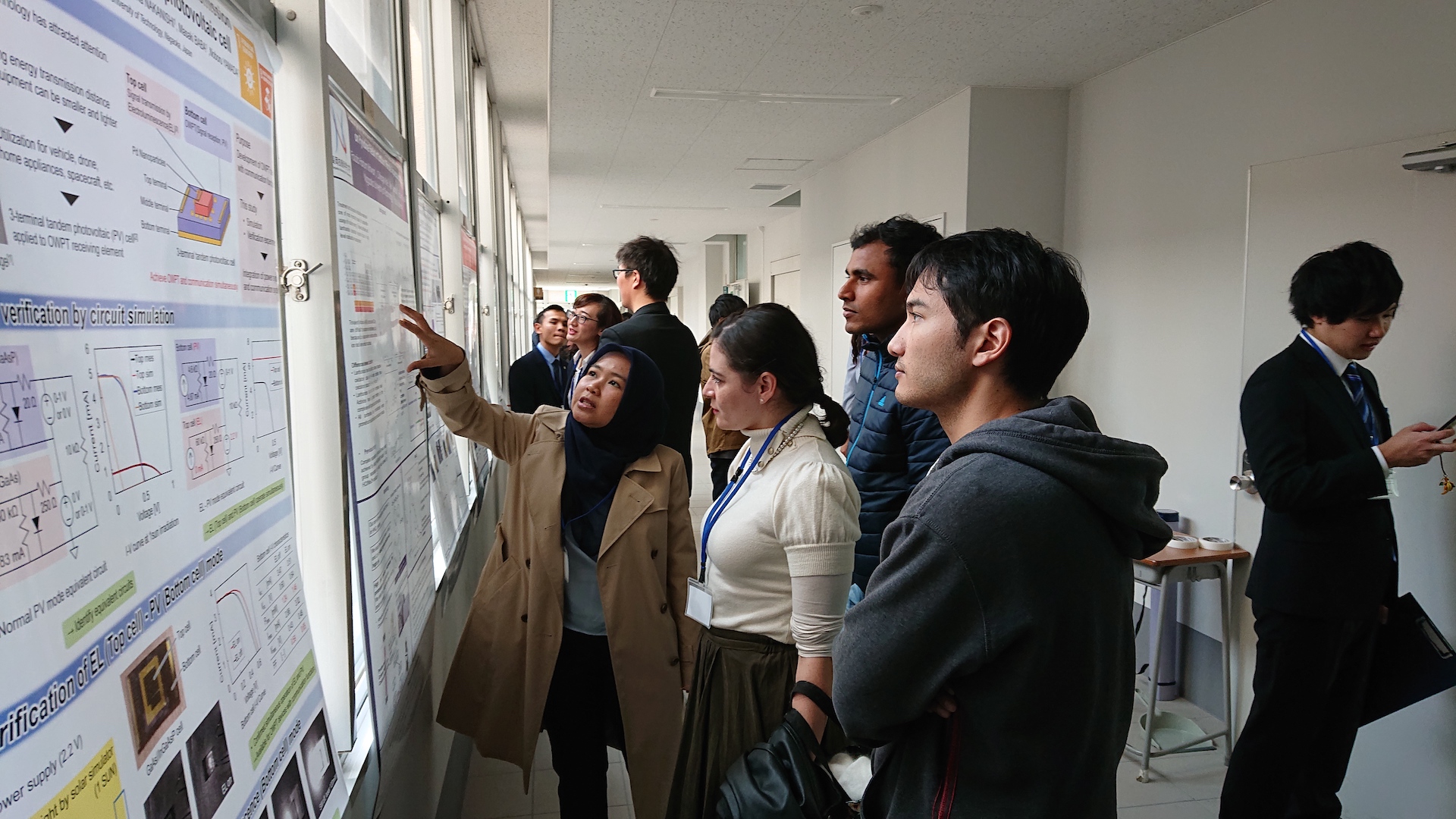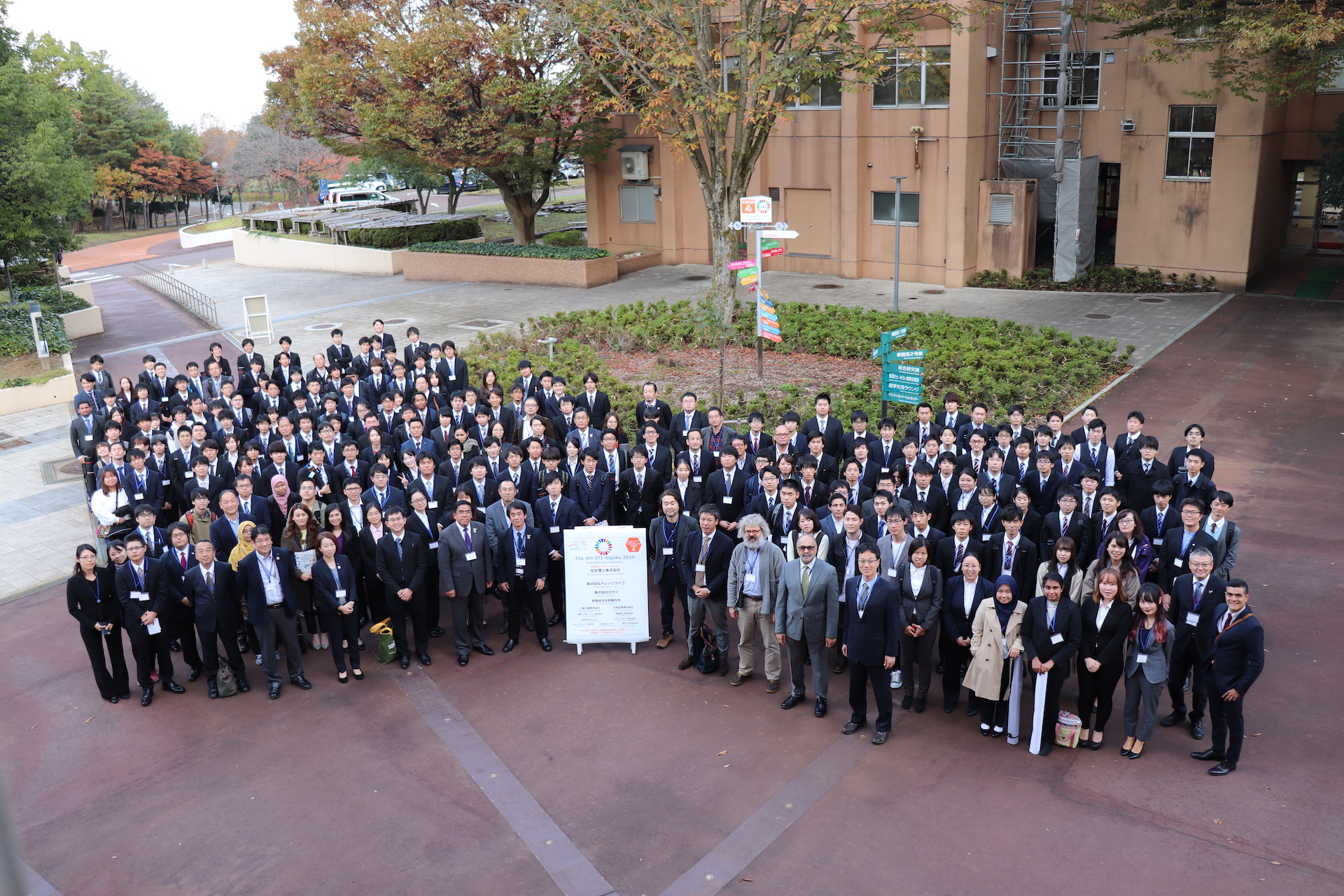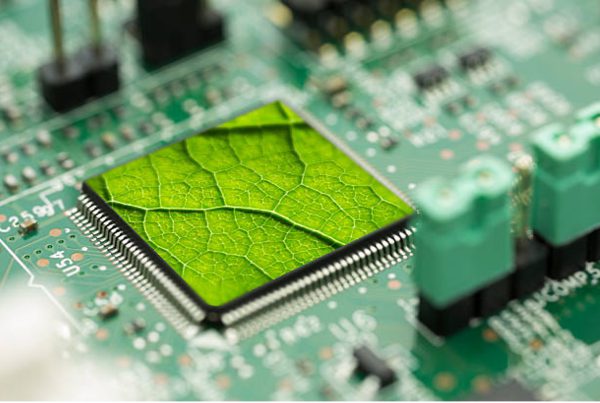Industry leaders and innovators are how Nagaoka University of Technology Education Administrator, Dr. Mami Katsumi, pictures the path that the institution’s engineering graduates are bound to take. In the city of Nagaoka, in the Niigata Prefecture, Japan, future engineers are being trained to possess a mindset that promotes the Sustainable Development Goals (SDGs), which also happens to be in line with the university’s academic thrusts as a UN Academic Impact Hub.
Because of its expertise on science and technology, NUT was appointed to nurture and support ideas, inventions and solution designs towards SDG 9 (building resilient infrastructure, promoting inclusive and sustainable industrialization, and fostering innovation).
The SDGs are a collection of 17 global goals designed to be a blueprint to achieve a better and more sustainable future for all members of the international community.
These were set in 2015 by the United Nations General Assembly, and intended to be achieved by the year 2030.
These goals include, among others, Climate Action; Decent Work and Economic Growth; Affordable and Clean Energy; Sustainable Cities and Communities; Industry, Innovation, and Infrastructure; and Responsible Consumption and Production.
“The SDGs are essential to next-generation engineers,” Katsumi pointed out.
“Our students,” she further explained, “are trained to put what they have learned into implementation and practice so they can help resolve SDG-related issues.”
Helping achieve these goals is the establishment of the GIGAKU SDG Institute, which forms the core of NUT’s efforts for said shared goals of the global community.
These programs consist of SDG Engineer Course (Joint Bachelor-Master Program), the GIGAKU Innovation Program (Department of Science and Technology Innovation; Joint Master-Doctor Program), and the SDG Professional Course (Master-Doctor Program for working professionals).
All of these courses are open to students overseas as well.
”We are working on courses that will help our engineers understand digital transformation. Our GIGAKU Innovation Program includes courses such as Clean Manufacturing Course, Smart Factory Course, and Sustainable Mobility Course.
”New courses such as Robotic Process Automation, Digital Marketing, Design Thinking, Cross-Cultural Management, and Social Innovation are upcoming courses that can augment their industrial knowledge with the timely and relevant digital knowledge,” she added.
Transcending boundaries
NUT, she added, is further attempting the global expansion of education programs based on the pillars of resolving SDGs and practical engineering education.
Moving forward, NUT targets accumulating results in human resource development through the implementation of their programs.
This is because as a hub university, NUT is expected to widely disseminate the concept of SDGs into society.
To fulfill this expectation, it actively conducts activities that transcend the boundaries of the learning institution.
For example, they implement activities to resolve regional issues through cooperation with Japanese and overseas universities, research institutions, corporations, and KOSEN (College of Technology).
By conveying the results of these activities, NUT provides opportunities for lifelong learning through SDGs.
Significant contribution
NUT believes its programs are a significant contribution to society.
Since being named as a UN Academic Impact Hub more than a year ago, it sees itself as striving continuously to promote a unique, enduring education system that not only prepares engineers for the demands of our times, but also promotes economic growth while actively working towards the resolution of global issues.
By addressing these global issues and putting the SDGs front and center in its curriculum, this increases the value of the university and a means to enhance its international reputation.
”It is a tremendous but very important responsibility. We are very privileged to continuously and consistently promote the SDGs.

